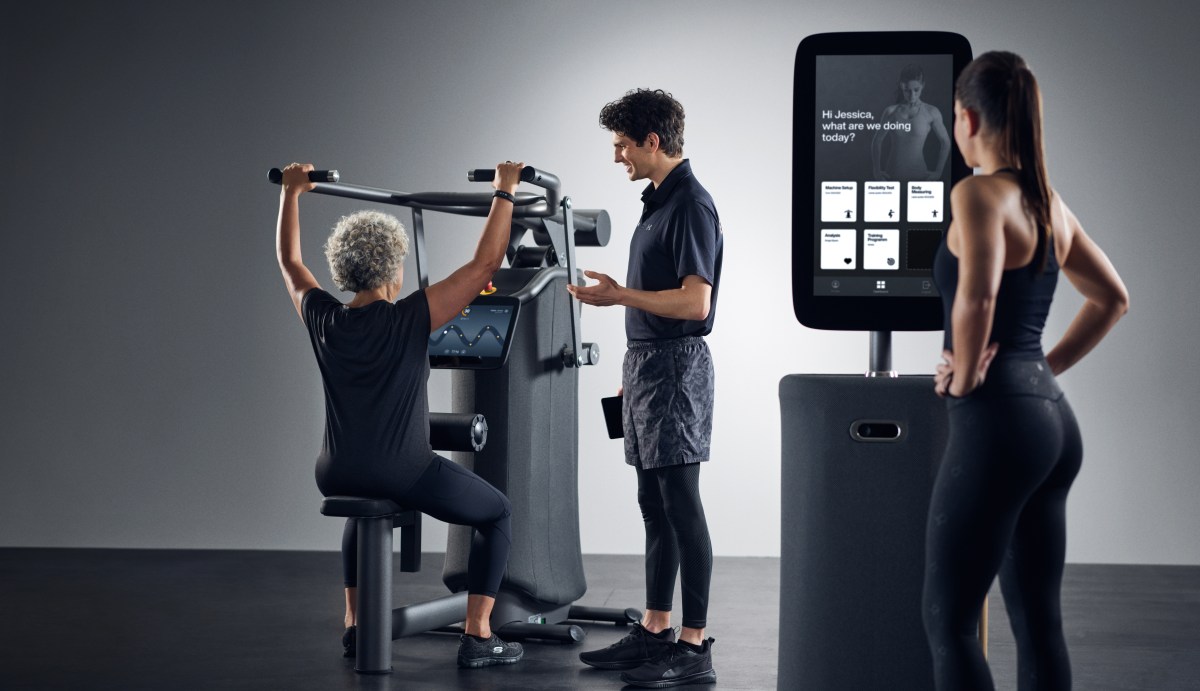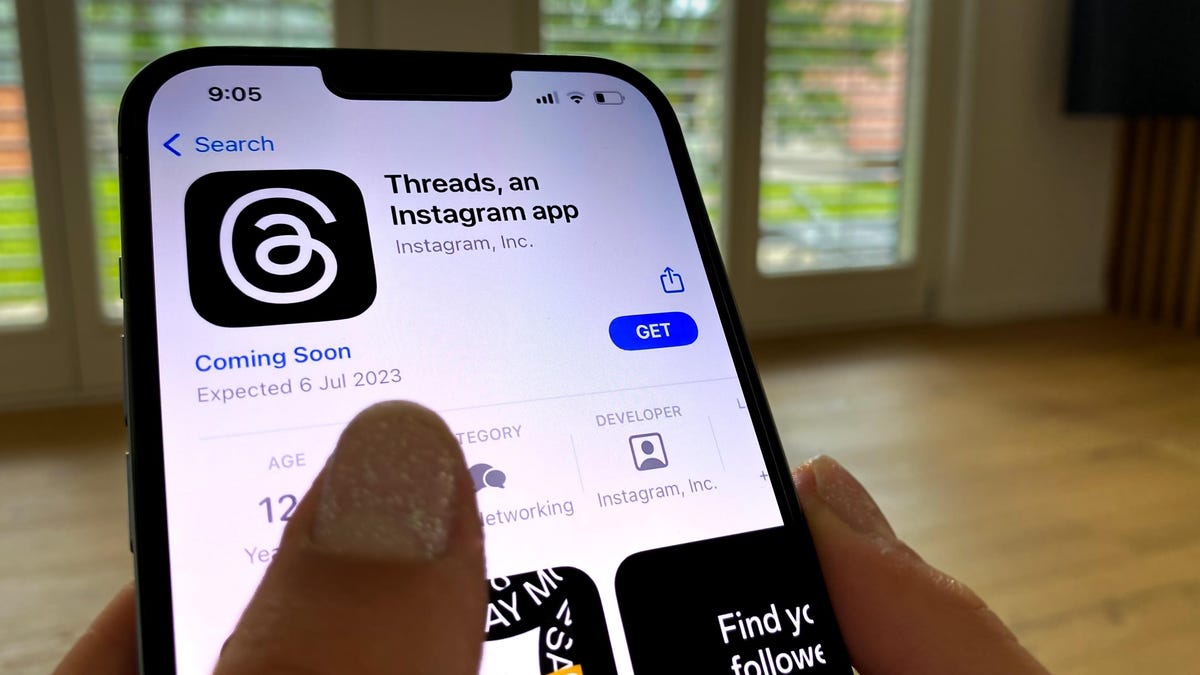
The technology industry at large might not be in the best of health at the moment, but health and fitness startups appear to be alive and well. EGYM, the Munich-based “smart workout solution” business, has agreed a monster equity investment of €207 million ($225 million), on the back of a very strong year of growth, led by the investment firm started by Jared Kushner.
The company’s business includes both a line of connected hardware (its own gym equipment); software (apps and diagnostics to measure and optimise how people work out on EGYM’s and other connected fitness equipment); a corporate health network operation called Wellpass with more than 2.5 million users; and a mission: to improve healthcare outcomes by focusing on “the shared economy of a gym,” in the words of CEO and co-founder Philipp Roesch-Schlanderer.
“Ninety-nine percent of the market is repair versus prevention,” he said of the approach to healthcare and its focus on chronic conditions treated with medicine and related therapies, an approach that he believes would be less likely, and less expensive, if people exercised and treated their bodies better. “We want to shift that.”
You can argue that this is a gross over-simplification of the state of global healthcare market today, but you might argue less with EGYM’s numbers.
The business brought in $130 million in revenues in 2022, growing 70% year-over-year. Wellpass, a big focus for the company going forward, grew 100% in the same period. En route to a future IPO, it expects to double down on newer markets like the U.S. and become profitable while doubling overall revenues to $260 million in 2023.
And in a difficult year for fundraising when investors’ attention seems mostly focused on AI startups, EGYM’s round is one of the biggest to come out of Europe.
All the more interesting, then, when you consider the lead investor. Affinity Partners — the Saudi-backed, Florida-based investment firm founded by the son-in-law and close confidante of former U.S. President Donald Trump — is leading the round, with previous backers Mayfair Equity Partners and Bayern Kapital also participating. This is a Series F, and EGYM said that roughly half of it, €107 million, will “flow immediately” with the remaining €100 million on the table for future use.
The first tranche is coming at a post-money valuation of €600 million. Based on the company’s growth rate — which is currently at a rate of 70% year-over-year for the full business — Roesch-Schlanderer said that when the second tranche is drawn down, it will likely be at a higher valuation.
EGYM’s current flush period comes after nearly 14 years in business — it was founded in 2010 — and nearly going bust during Covid when all gym activity grounded to a halt. And the idea had very classic beginning: it came to Roesch-Schlanderer to solve his own problem; specifically, his own failings when it came to exercise.
“It all started with me being an unsuccessful gym goer,” he said in an interview, explaining that typically while people are shown how to use the array of machines at their gyms, they’re largely left to their own devices after that. “I tried to understand why I and so many others fail to work well there.”
Roesch-Schlanderer, who studied tech entrepreneurship and management at university, predictably saw a business opportunity in that question — one that could be answered with technology.
“I realised that those who work well either have trainers or themselves backgrounds in exercise science,” he said. “So we decided that we could make the gym work if we provided an AI-based trainer to every user.”
And that is, in effect, what the company’s longer-term goal has been.
The business started very much focused around its own hardware coupled with basic usage measurements based on people exercising on EGYM’s own equipment. Over time, the company has been slowly incorporating more sophisticated tech into the mix, and making the software work with other equipment. The AI-based personal trainer he speaks of has yet to be rolled out, although there has been more machine learning incorporated into the product on the road to more personalization.
“We think in the next two years we will perfect this,” Roesch-Schlanderer said of the AI service.
That has also changed the makeup of the business: these days the hardware/gym equipment part of the business “remains an incredibly important piece” of the EGYM business, but it also now accounts for only 25% of the company’s revenues.
At a time when consumer-focused fitness businesses have hit a number of bumps — Peloton and its 2 million bike recall in May being the most recent hiccup — EGYM interestingly has been set up as a B2B operation: gyms of all sizes, rather than individual users, have always been its target customers and as of today, there are some 16,000 using EGYM’s products.
In recent years, with the launch and growth of Wellpass, that has extended to building business relationships with corporates and others that offer their employees health and wellness benefits, with some 11,500 of those using EGYM products also part of the Wellpass network. (On that note, Roesch-Schlanderer said that it’s not looking at Affinity as a strategic investor: there have been no conversations so far to bring on the Trump Organisation or its various resort properties as customers.)
While fundraising has been on the rocks overall in the tech sector in the last year, one of the bright spots it seems has been health, and specifically companies building services on the theme of preventative care, using technology to improve on the traditional way of doing things.
Just earlier today, Neko Health — co-founded by Spotify’s Daniel Ek — announced a $65M round for its full-body AI scan with a promise/amibiton of finding issues and optimising care before potential issues become health problems. Last week, Augmedics raised more than $80 million for a new take on spinal surgery that aims to be less invasive and more accurate thanks to AR and AI. We’ve also seen a wave of insure-tech startups that are trying to tap into this concept by providing corporate customers wellness and fitness services to help people get healthy and avoid the more costly medical routes they end up taking when they are not.
“EGYM serves the large and rapidly growing global fitness and healthcare markets with a differentiated technology-centric model,” said
Asad Naqvi, a partner at Affinity Partners, in a statement. “We don’t often come across companies with revenues in the triple-digit millions that are close to doubling in size year-over-year. In EGYM, we are backing an incredible team with a long track record of execution and success, and we look forward to supporting the company on its path to an IPO.”





